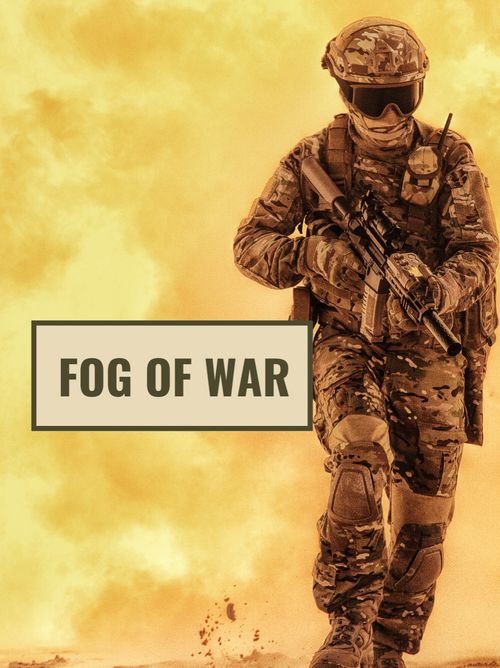The psychology of battle - insights from the old classic On War(1832)
Nov 30, 2021 · 2 mins read
0
Share
Introduction. Carl von Clausewitz joined the army at the age of 13. His life ranged from being a war prisoner to the "professor at the war academy" in Prussia. His classic book On War digs into the psychology and strategy behind warfare. Read on👇
Save
Share
The fog of war. Lenin and Mao are among the famous readers of this text, which continues to be "required reading in military academies the world over." Clausewitz invented the phrase fog of war to describe the great uncertainty involved in warfare.
Save
Share
War as policy. War is the use of large-scale violence to achieve particular political goals. War isn't random - at its best, war is directed by able political actors who use it as a tool to achieve clear goals.
Save
Share
What happens when you don't have a clear goal? Without clear political objectives, warfare tends "to become protracted and its outcomes uncertain."
Save
Share
Three magnets. Clausewitz thinks of warfare as an object hung between the three magnets of the people, the army, & the politicians. The people need emotional and moral justifications for war, the army generals deal with the probability of battle, & the politicians set end goals.
Save
Share
Defense vs offense. If an army can defend its territory indefinitely, it can deflate the spirit of the attacking force. Therefore Clausewitz stresses that "defense has much the greater power in war than offense."
Save
Share
There are always "intangibles of battle." A rational analysis of all weapons, charts, & maps falls short without accounting for human nature. A great military leader must be a strategist and a psychologist capable of thinking through “broad impressions, and flashes of intuition."
Save
Share
War is "bound up in chance." Any activity involving humans never follows a predetermined script. Any leader or nation kickstarting a war should remember that the unthinkable will happen. To win a war "involves getting into the mind of the enemy—hardly an exact science."
Save
Share
Is war good for people and society? Clausewitz writes war builds character for individuals and nations. Commerce and economic prosperity tend to soften and "debase people" - war hardens and sharpens them up.
Save
Share
Bottom line. The mismatch between the people, the army, & the politicians - plus the lack of a clear objective - haunted America's excursions into Iraq and Afghanistan, and this old text may hold important lessons for US decision makers.
Save
Share
0
